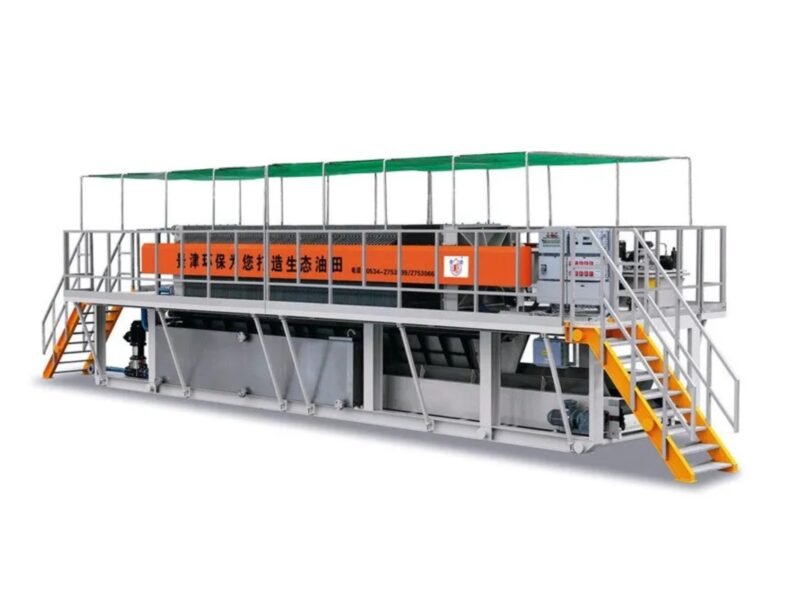
“A new type of ceiling keel energy-saving lamp can save more than half of the electricity for indoor lighting in mainland China every year.” Entrepreneur Wang Zhongpeng said in Mandarin with a Taiwanese accent.
The entrepreneur from Taiwan came to the third Cross-Strait Energy Conservation and Environmental Protection Forum held in Ma’anshan City, Anhui Province with a product project called “Dragon Slaying Knife”, and invested 100 million yuan to settle in the local economic and technological development zone.
Taiwan Pengjing Group, of which Wang Zhongpeng is the chairman, has targeted the market for “keel lamps”, indoor ceiling energy-saving lighting products. “Our research data shows that the market size of domestic ceiling keels exceeded 5 billion square meters in 2013, and it is growing at an annual rate of 7%.”
It is understood that after obtaining invention patents in the United States and Taiwan, Pengjing Group’s keel lamps have also obtained utility model patents in mainland China. Wang Zhongpeng introduced that if the market share is roughly estimated to be 50%, the supply of 1.8 billion lamps can save more than half of the lighting electricity every year, and its life span is more than 20 years, reducing a lot of waste.
In the mainland, industrial parks like Ma’anshan City, which are clustered with energy-saving and environmental protection enterprises, are gradually increasing and beginning to spread to central and western regions such as Henan, Sichuan, and Hubei.
“With the increasing tension of environmental and resource energy issues, traditional industries are facing great competitive pressure under the new economic normal, and the importance of energy-saving and environmental protection industries has become increasingly prominent. Energy-saving and environmental protection industries have risen to strategic emerging industries.” Liu Wenqiang, deputy director of the China Institute for Information Industry Development, said.
Liu Wenqiang introduced that from 2012 to 2015, the output value of China’s energy-saving and environmental protection industries grew rapidly in the sub-sectors, with an annual growth rate of more than 20%. In 2015, the scale of China’s energy-saving and environmental protection industries reached 4.5 trillion yuan, and the market share of products increased significantly.
In the view of Taiwanese businessmen, the policy adjustments made by the mainland to solve the contradiction between economic development and resources and environment have undoubtedly opened up a “feast” of investment for the energy-saving and environmental protection industry. Many Taiwanese industry representatives said that the mainland’s potential huge market demand is huge, providing broad space for the development of Taiwan’s energy-saving and environmental protection enterprises.
“Faced with the current increase in environmental protection and energy-saving awareness in the mainland, the vast domestic demand market has given Taiwanese companies a strong desire to settle down. At the same time, the advanced environmental protection industry policies that have already begun have driven the progress of related industries.” Wang Zhongpeng said.
In the mainland, at present, a number of energy-saving and environmental protection industrial parks with outstanding location advantages and high concentration have formed an industrial structure with agglomeration areas as the support, large enterprise groups as the core, and “specialized, refined and innovative” small and medium-sized enterprises as the supporting facilities.
“In the future, these parks will gradually be upgraded to energy-saving and environmental protection industrial parks.” Liu Wenqiang said. At the same time, policies have also driven mainland companies to pay more attention to development quality and increase industrial concentration. In the fields of soil remediation, water environmental protection, green manufacturing, etc., the future investment market is unlimited.
“Developing energy-saving and environmental protection industries is the only way to deepen cross-strait cooperation and promote the transformation and upgrading of Taiwanese companies.” Zhou Ning, assistant to the director of the Taiwan Affairs Office of the State Council, said that with the changes in the internal and external environment, the traditional industrial development model has become increasingly difficult to adapt to economic development and market needs, and companies on both sides of the strait are facing pressure to adjust and upgrade.
